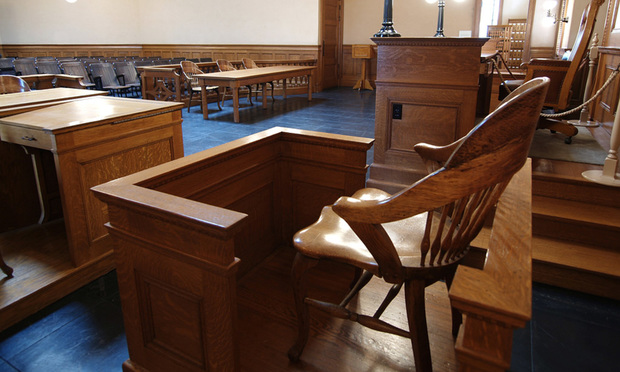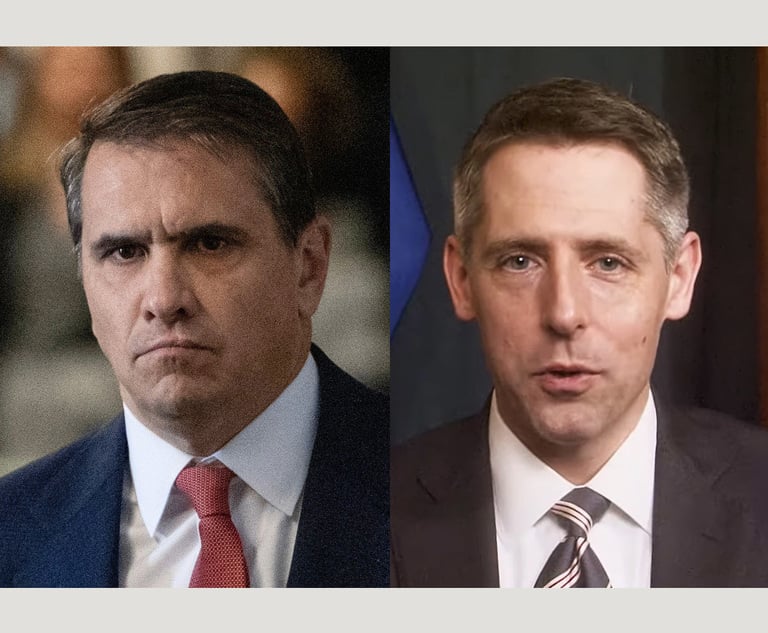As determined court administrators reopen courtrooms retrofitted for COVID-era jury trials, a growing backlog of complex criminal trials are starting to move forward. Despite all of the changes to the physical layout of courtrooms hosting these trials, one feature of many of these trials will seem quite familiar—the government’s reliance on co-conspirator statements to win cases. Whether the charges at issue involve allegations of CARES Act fraud, insider trading, securities fraud, public corruption, or narcotics trafficking, prosecutors will likely continue to make their cases on the backs of witnesses who never step foot in the courtroom.
Co-conspirator statements, whether introduced at trial by cooperating witnesses or through agents testifying about emails and texts, are admissible because they are not considered hearsay evidence under Rule 801(d)(2)(E). To the dismay of the defense, this evidence is often presented under circumstances where defendants cannot challenge its integrity or meaning since no witness with first-hand knowledge of the statement appears in court.







